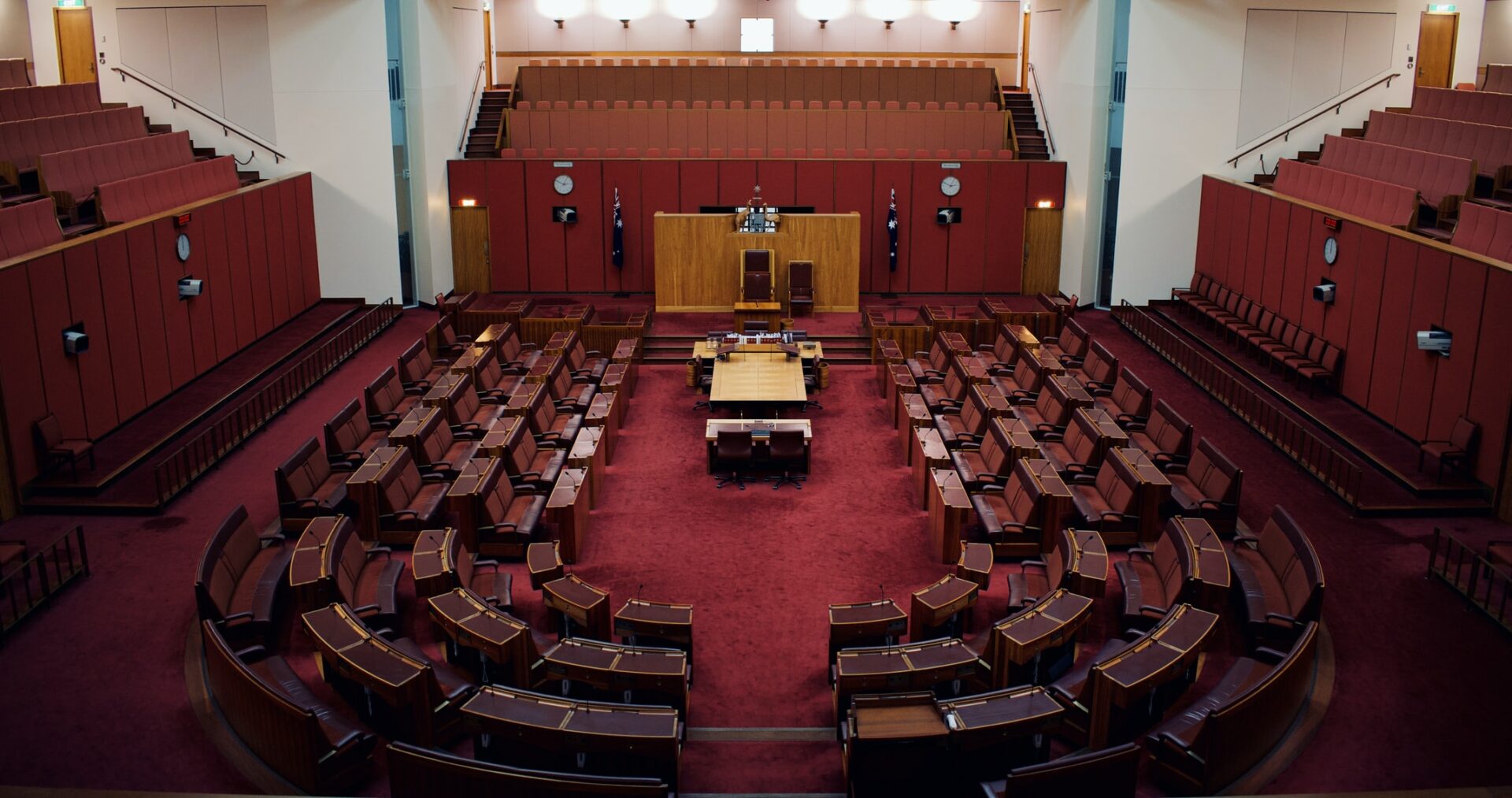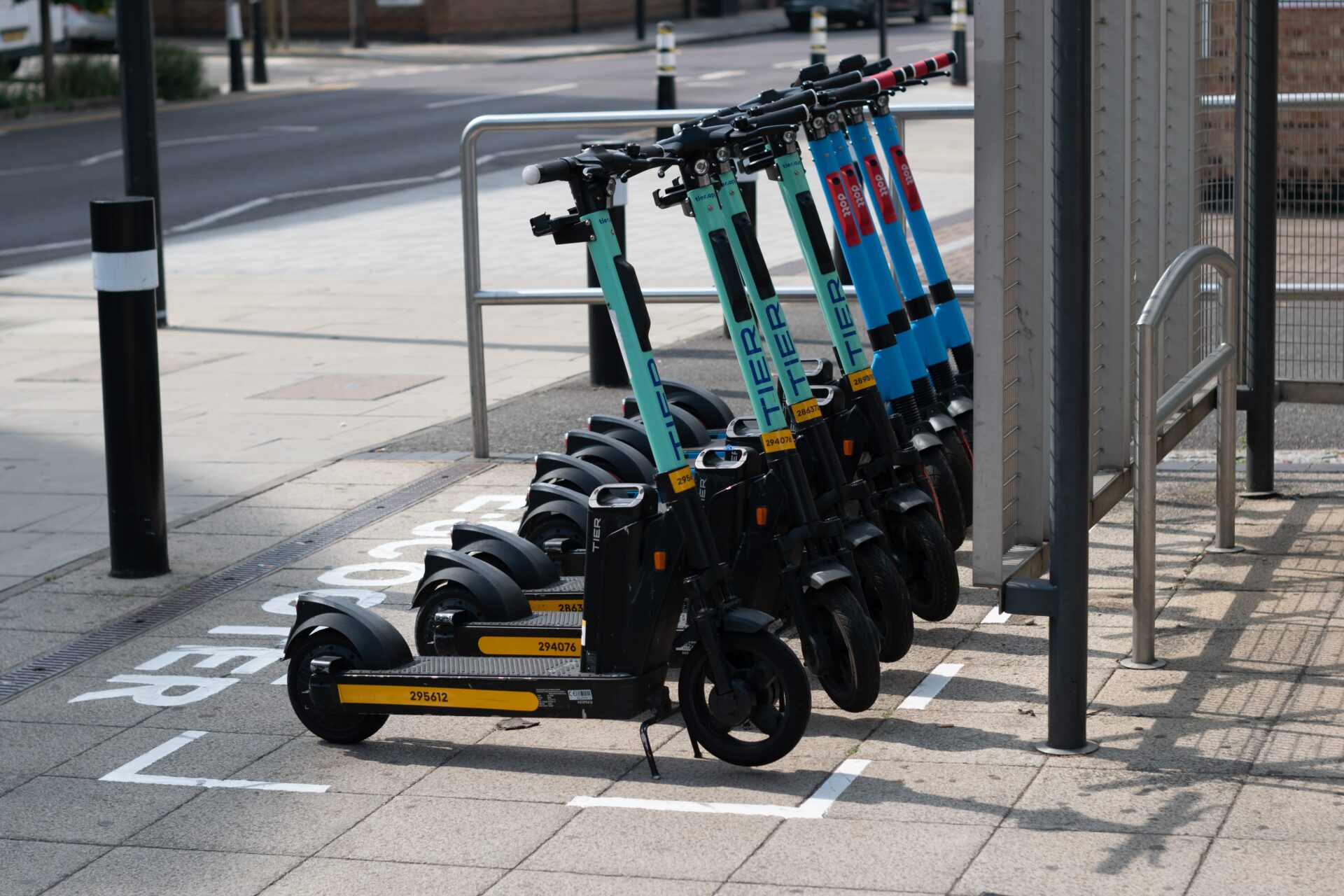
We seldom stop to think about the human factor of personal injury law. Tabloids newspapers love to pounce on stories of thousands, if not millions, of pounds in compensation being paid out for seemingly inconsequential mishaps.
As a personal injury lawyer, it angers me that peoples’ pain can be trivialised in such a way. I meet parents whose baby suffered from birth asphyxia so severe that he or she will never lead a normal, independent life. Ex-miners, once strong, capable men, who have been left bedridden by ‘Black Lung’ disease. And victims of car crashes, left with broken, pain-racked bodies and years of rehabilitation in front of them.
For personal injury victims such as those above and many others, making a claim for compensation is something done for pure survival; medical bills do not pay themselves, homes cannot be refitted for a disabled person without funds and the mortgage cannot be paid if a person is unable to work.
Thankfully, in many cases, settlement with the defendant in a personal injury claim can be made early, without the claimant having to go through the stress of going to court. The most popular way to settle personal injury claims outside of formal litigation proceedings is mediation.
Advantages of mediation
Despite not being widely publicised, mediation is an effective way to resolve a wide range of personal injury claims. Mediation puts the parties to the claim in control of the process, under the guidance of a professionally trained mediator.
Mediation is used as an alternative way to resolve disputes across a wide range of legal sectors including family, civil, tax and construction law. Results show that not only is it extremely effective as a way to determine the outcome of a claim, but in most cases, claimants find mediation a positive experience.
One of mediations main advantages over litigation is speed. Depending on the type of personal injury claim and whether or not the decision is appealed, court settlements can take anywhere from six months to three years. Mediation proceedings on the other hand usually only lasts a few days at most. Mediation proceedings are also completely confidential. This is often of high importance to claimants who have suffered intimate injuries, abuse or are claiming on behalf of their child.
Many claimants also benefit from the control they have over mediation proceedings, especially if the circumstances of their personal injury has led them to feel much of the control they have over their circumstances has been taken away from them. Parties to the claim are free to choose the Mediator, the venue and how the mediation proceedings are conducted. Outcomes are often more flexible in mediation because any settlement that is reached is not primarily concerned with the enforcement of legal rights but with a mutually acceptable resolution of the claim. This may mean that parties to a mediation can obtain items in a settlement which might not be possible in litigation, such as an apology, which is often vital in terms of a claimant feeling a sense of closure to the case.
How mediation is run
Defendants and claimants initially meet together with their mutually chosen Mediator in a safe environment and discuss the accident through round-table negotiations. This provides a creative atmosphere in which to discuss solutions that venture beyond the financial issues involved and can really benefit all parties concerned.
Mediation can be undertaken at any time during the claims process. Anything said in the course of a mediation is considered to be ‘without prejudice’, meaning it cannot be used as evidence if the claim goes to court.
If a settlement is reached during mediation, it will be written down by the Mediator and signed by both parties. It then becomes legally binding.
A preferred way to settle
Mediation is not suitable for all personal injury cases. For example, extremely complex clinical negligence claims, requiring evidence obtained from multiple expert witnesses may need to be decided by formal litigation. In addition, mediation is a voluntary process; neither a defendant nor a claimant can be forced to participate. The court does have the power to impose punitive costs against a party who refuses to enter into mediation without good reason.
I have personally witnessed many cases whereby mediation has resulted in clients receiving an outcome that is highly satisfactory, not only in terms of financial compensation. In some situations, simply hearing an admission of wrongdoing and an apology is worth more than money to a claimant and this is not something that can be achieved in court.
When it comes to personal injury claims, some things are priceless. Closure is one of them.
Saracens Solicitors is a multi-service law firm based in London’s West End. We have a dedicated and highly experienced personal injury law team who have the expertise to manage your personal injury compensation claim. For more information, please call our office on 020 3588 3500.
Do you have any comments to make on this blog? Please feel free to add your thoughts below.
Table of content
Recent Posts
Can You Put Digital Assets In A Trust? – How To Protect Your Digital Estate
In an era where our lives are increasingly played out [...]
Securing Legal Immigration Status After 20 Years in the UK
Gaining lawful immigration status after spending two decades in [...]
UK’s FCA Update: Stablecoins & Crypto Custody
The world of money is changing fast, and nowhere [...]








